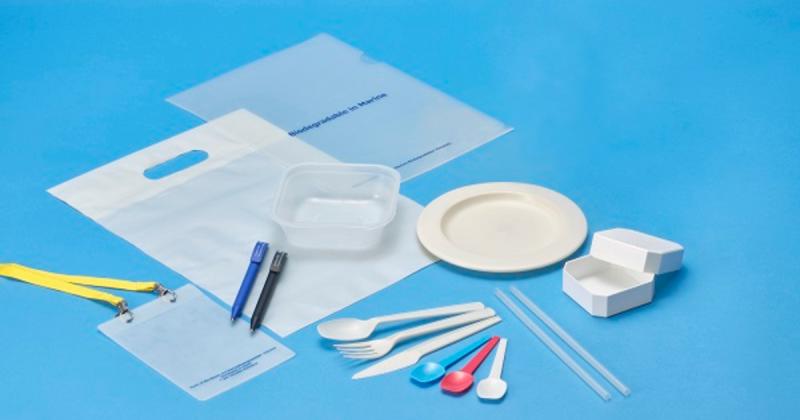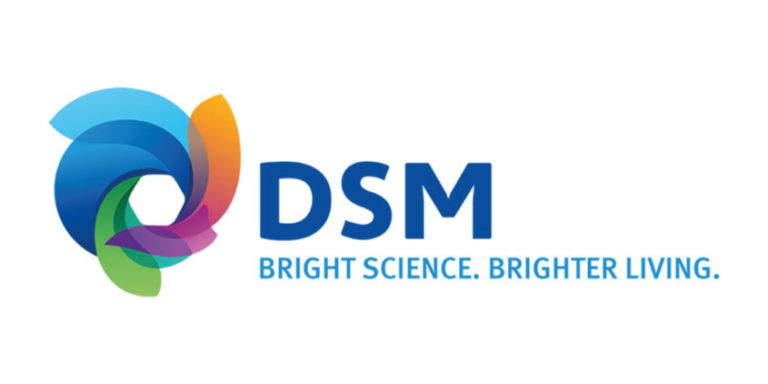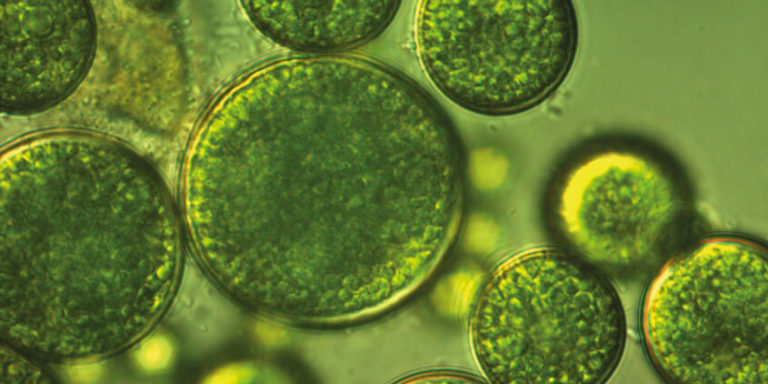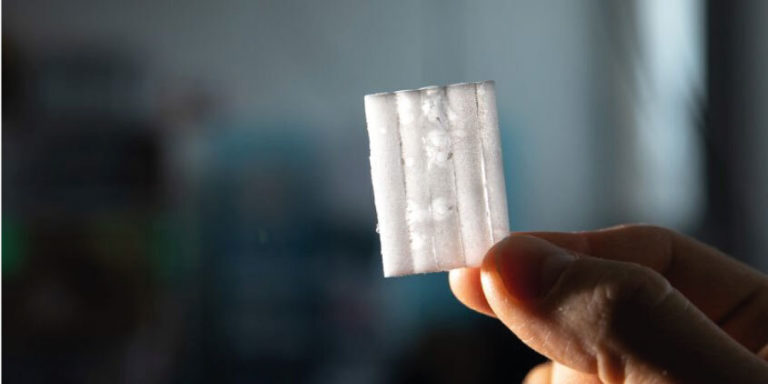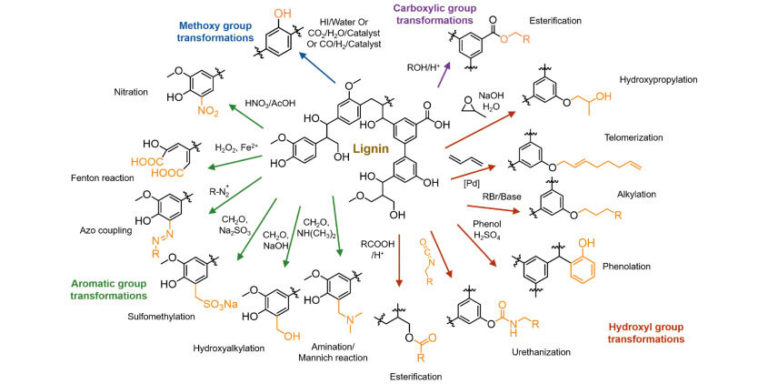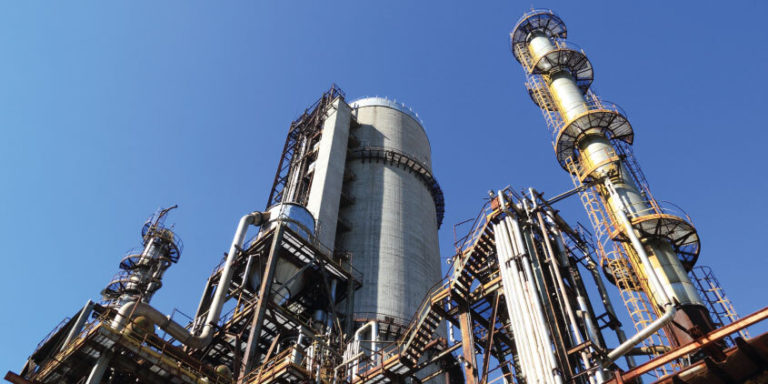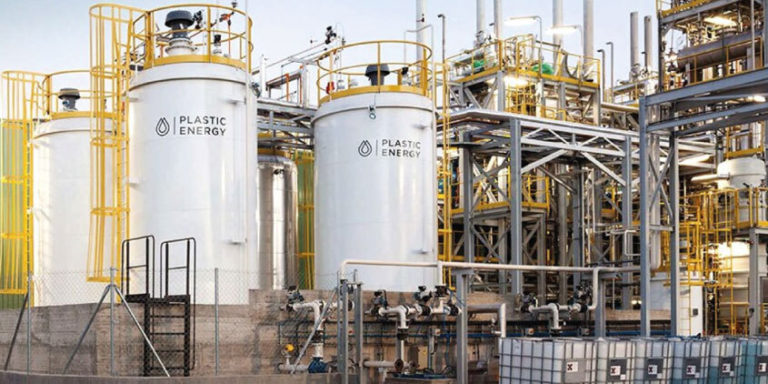Kaneka to boost PHBH production capacity in Japan
Kaneka Corporation has announced plans to significantly increase production capacity in Japan for the biodegradable, bio-based PHBH resin it produces and markets under the brand name Green Planet.

The expansion, said Kaneka, will involve an investment of approximately 15 billion Japanese yen (almost €114 million) and is planned at Kaneka’s Takasago manufacturing site. Kaneka’s current PHBH production capacity at the plant is 5,000 tons/year. The expansion will add another 15,000 tons/year, bringing the total to 20,000 tons/year.
The decision to build additional capacity was taken in response to Japan’s Act on Resource Circulation for Plastics, the new legislation slated to go into effect in April of this year and aimed at promoting the transition to a circular economy through ‘the circulation of plastics in a comprehensive and planned way’.This includes a focus on Design for the Environment by manufacturers; the separation, collection and recycling of plastic waste by municipalities and private sectors; as well as mandating a reduction in single-use plastics
Kaneka’s Green Planet PHBH belong to the family of PHAs. These polymers, produced via microbial biosynthesis, biodegrade easily both in soil and in water (salt and fresh water). While industrial-scale production long remained an elusive goal, new advances in fermentation and polymer production technology have enabled the further commercialisation of this polymer family
Green Planet is already being used for straws, cutlery, coffee capsules, bags, films, etc., and demand already far outstrips supply.
This initial capacity expansion in Japan will be followed by similar increases in Europe and America, where demand is also rising. Green Planet, said Kaneka, has business potential on the order of hundreds of thousands of tons and will be one of the core products in Kaneka’s business portfolio. The new plant in Japan will provide a blueprint for additional plants, allowing the company to further develop new products and promote productivity improvement and cost reduction through process innovation.
The new plant in Japan is scheduled to start operations in January 2024.

